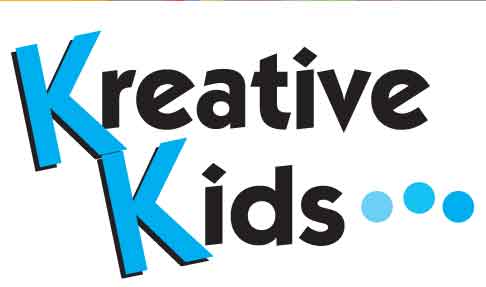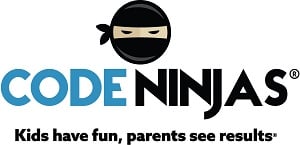
Ask the Expert: When Isn't Anesthesia Needed During Pediatric Medical Procedures?
Get the Best Winter Activities
How can parents help prepare their child for a medical situation without anesthesia?
Investigate to find out the procedure’s specifics: What will your child experience with their senses; what distraction items can they use; whether you or the facility’s child life specialist can be present during the testing; and if there are any non-pharmacological ways to overcome the child’s concerns about the experience.
Also, inquire how much time the procedure takes. Timing is especially important: Most preschool and early school-age children do best when prepared immediately before the procedure so they don’t have time to use their imagination to amplify their fears and anxieties. Older school-age and teenage children benefit from preparation a day or two in advance as they have more control over their imagination and have the ability to think more logically.
Prepare your child by explaining the procedure in a relevant, understandable way. Underscore its sensory aspects and offer choices for distraction. Always tell the truth and never minimize your child’s concerns. If your child is not adequately prepared, they may become distrusting of you or the medical environment.
Evaluate and ask your child how they experienced the procedure. Provide a lot of positive feedback, even if the outcome of the anesthesia-free procedure was not what your child had hoped for. Children may feel guilty or shameful if they did not meet the expectations of adults they trust and love, especially in high-pressure situations like medical procedures.
Kelly Wagner, a child life specialist at MD Anderson Proton Therapy Center in Houston, works with children and families to help them cope with hospitalization.
Also see:
How Do I Calm My Child Who is Afraid of the Doctor?
What Causes Eczema to Resurface When My Child Gets Older?
How Can I Avoid Identity Theft When Getting the Flu Shot?








